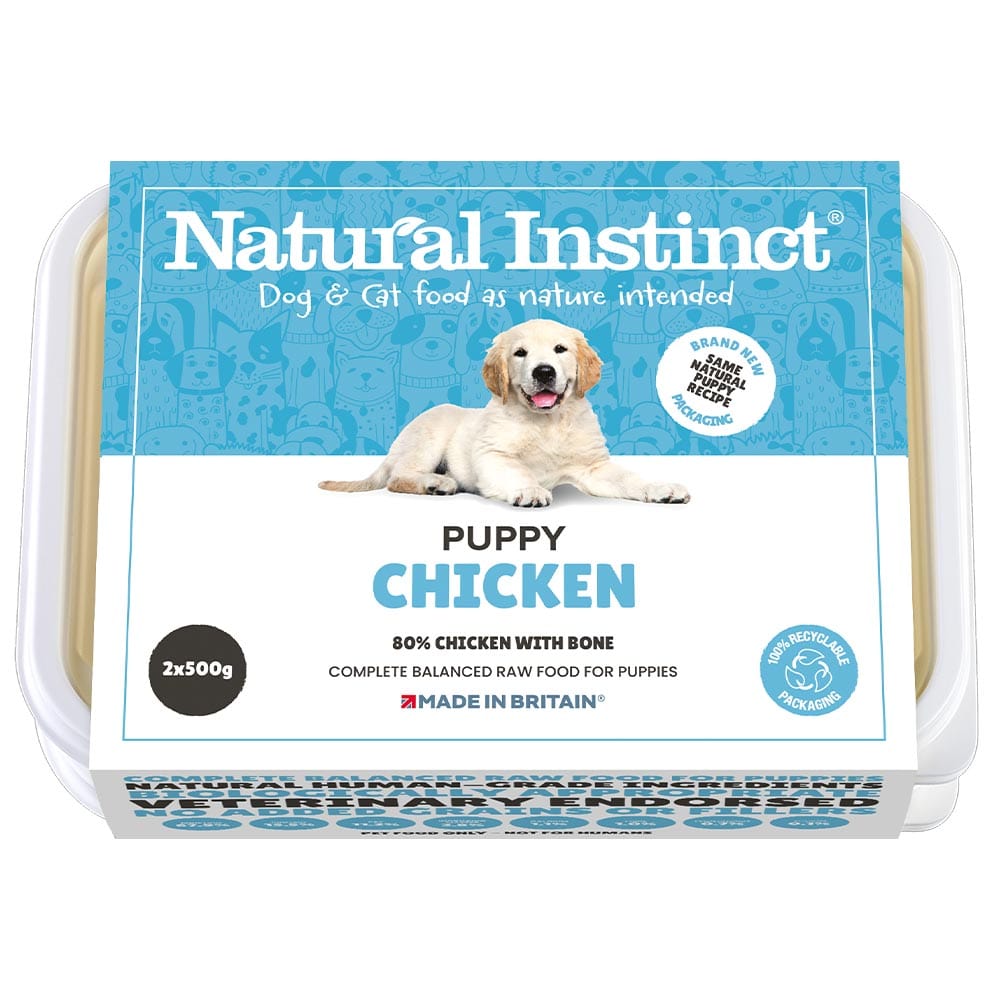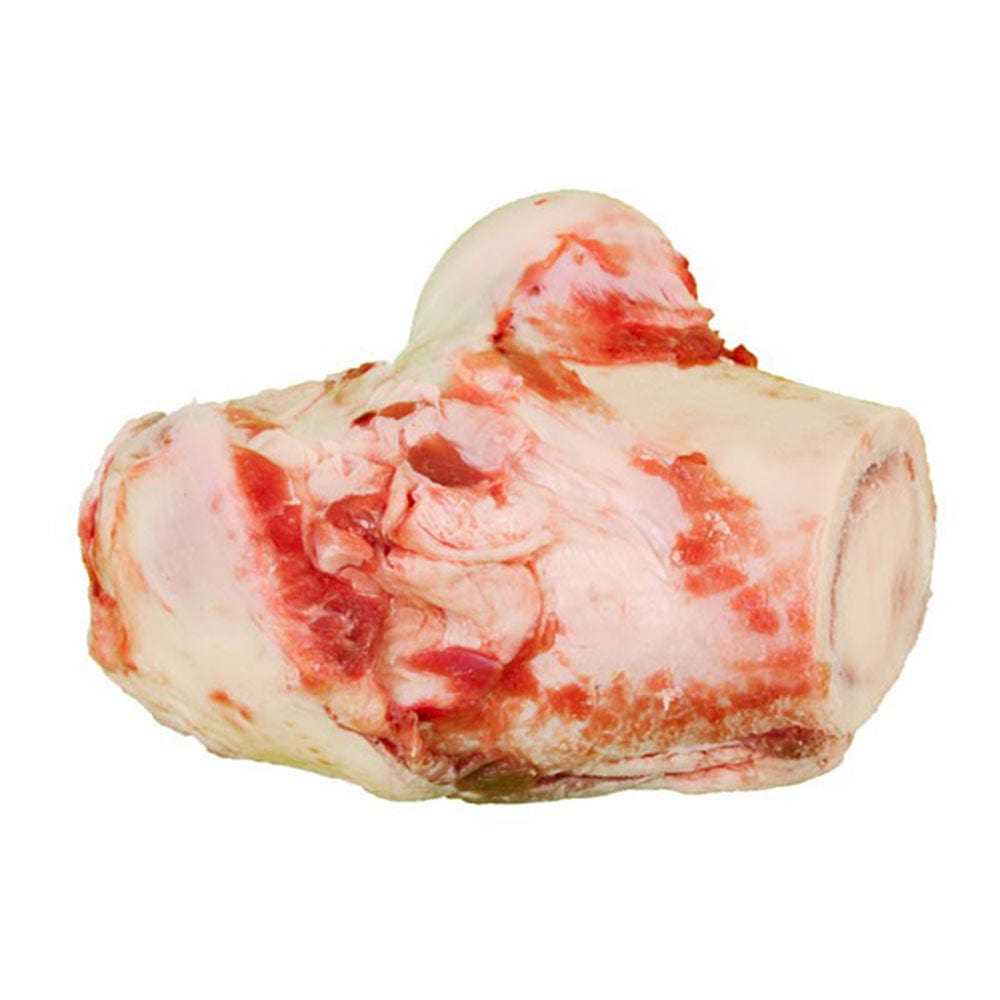So few of us can stop at owning only one dog that when we do lose one of our pets, there is often at least one other dog left behind.
We all know how social dogs are, and I never stop marvelling at their almost unique ability to live so harmoniously in a multi-species household.
However, because of this desire to interact, the loss of a dog's housemate or family member (notice I deliberately avoided the word 'pack') can sometimes have an adverse effect.
However, because of this desire to interact, the loss of a dog's housemate or family member (notice I deliberately avoided the word 'pack') can sometimes have an adverse effect.
Whilst you are dealing with the stress, sadness and loss, there are some things to keep an eye out for in your remaining pets. Physical signs can include lethargy, loss of appetite, listlessness, and illness.
Not all symptoms of grief are physical, so be aware of any behavioural changes too. Excessive and out-of-context barking, attention seeking and compulsive behaviours such as licking, chewing, spinning or pacing are not uncommon in a dog experiencing loss. Contact your vet for advice on natural calming medications or a behaviourist if you are worried.
At this point, I should point out that not all dogs experience grief. Many don't show any outward signs past a few days of looking for the dog that passed away. This is perfectly acceptable canine behaviour, and many dogs accept the change and move on quickly. There will, of course, also be that percentage that actually feels relief at the loss. Sadly for us, not all dogs in a household adore each other or indeed enjoy each other's company. Many dogs are stressed by the existence of a dog they don't particularly get along with, and yet the signs can be so subtle that we never pick up on them.
The message here is for bereaved owners to increase the remaining pet's mental stimulation, play games, feed via a Kong or similar and even throw in an extra walk if you want to, but don't project your anxiety and grief onto the dog that is left behind. Cuddles, squeezes and tears can add to their stress whilst alleviating yours.
Lastly, no matter how your dog reacts to the loss of another dog, chances are they will feel stress simply due to the changes in the household. One of the best ways to help them adjust to the changes is to stick as carefully as possible to your normal routine. Continue feeding and walking at similar times. Sticking to your usual schedule can help a great deal in reducing stress all around.
By Kirsten Dillon
Animal Behaviourist & Canine Specialist













